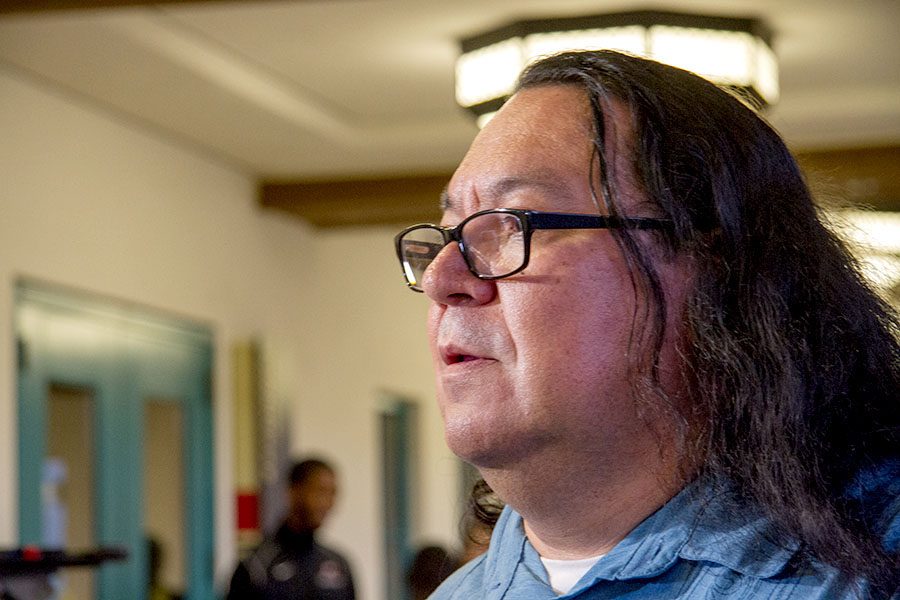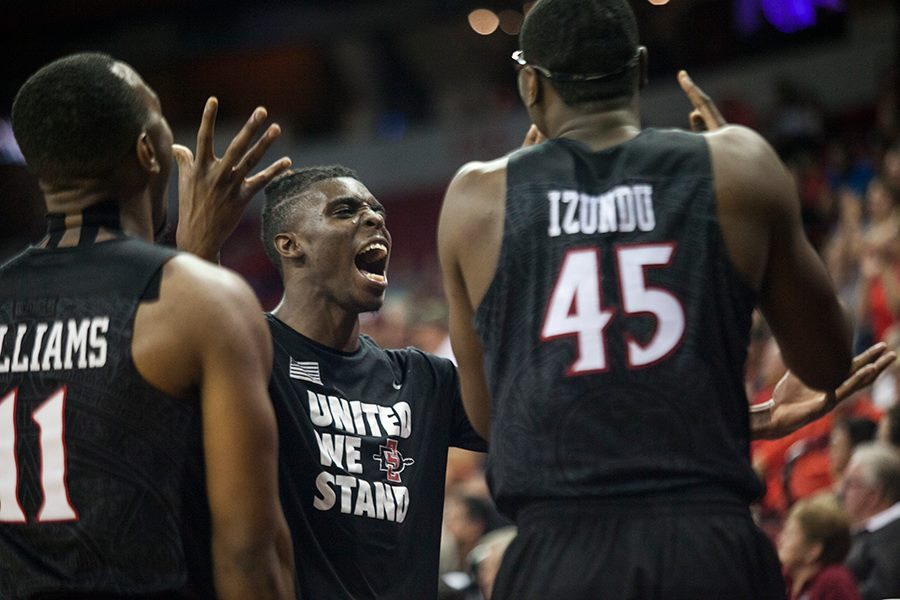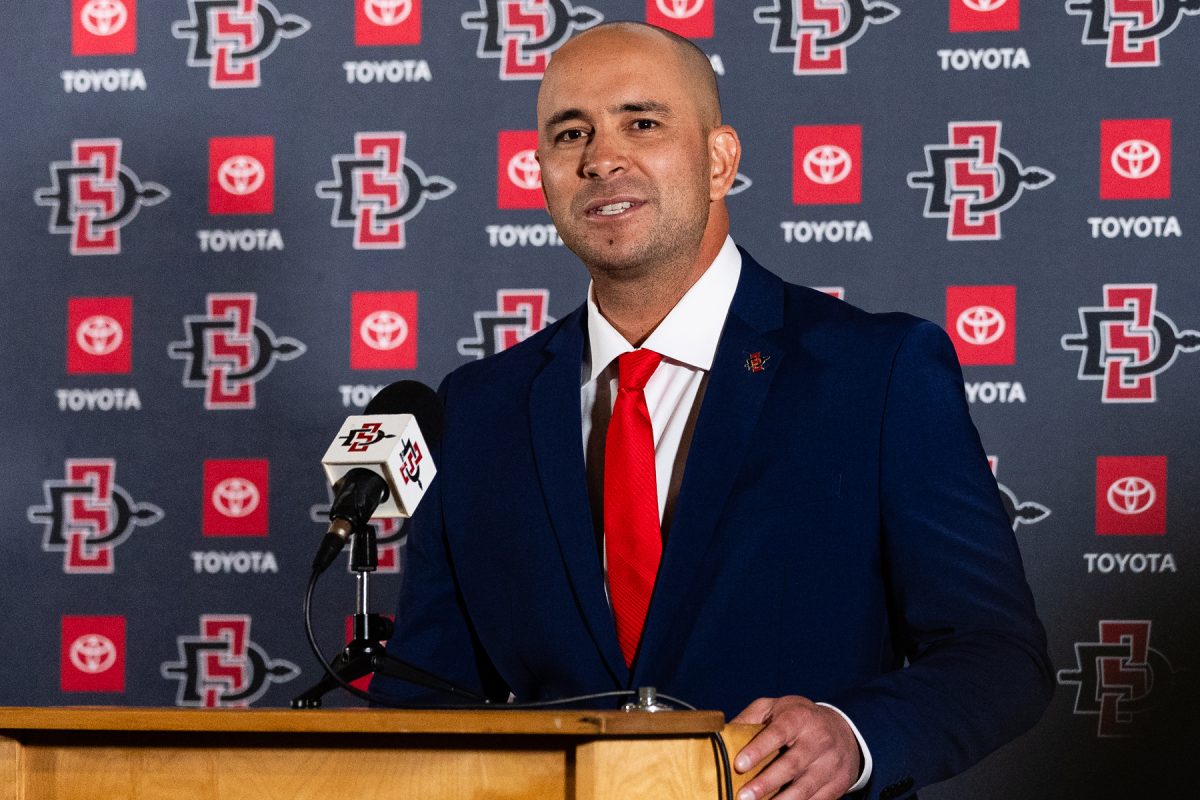The “Fight for Fifteen” protests recently hit the San Diego State campus with student activists spreading awareness about the cause, advocating for the minimum wage to be raised from $9 to $15.
I recently stumbled upon an article responding to these protests: “Fast Food Workers: You Don’t deserve 15 dollars an hour to Flip Burgers and that’s OK,” by Blaze contributor, Matt Walsh.
In his article, Walsh makes an argument against the minimum wage hike by stating these hikes would undermine the value of other jobs. He said these hikes make “low-skill fast food employment more profitable than dozens of other far more skilled, far more important types of jobs.”
To say that “you don’t deserve to make 15 dollars an hour for flipping burgers” as an argument against “Fight for Fifteen” is a gross misrepresentation of what the movement is actually fighting for. “Fight for Fifteen” is not just about fast food workers — it is about poverty wages. Another fact to keep in mind is California has a very high cost of living.
Minimum wage in another states may be enough for residents, but in California, many are barely scraping by. Some arguments in opposition to this cause are deeply rooted in classist views of the lower class as being lazy and uneducated.
The article states raising the minimum wage salary would put a fast food worker in the same ball park as biologists, biochemists, auto mechanics and police officers. If the minimum wage was to reach $15 an hour, biochemists, law enforcement officials and researchers with the same salary would also demand higher wages— would it be logical to think that an employer would really continue to keep their biochemists at the new minimum wage?
Political conservatives express disdainful views of welfare, yet fail to understand if workers are paid enough to make a livable income, people would not need welfare.
Bo Elder, a student organizer and member of the graduate student union, “UAW Local 4123,” explained two common arguments against raising the minimum wage: People don’t deserve to make more and it will make life harder for ordinary people because prices will go up.
“This assumes that there is some connection between what people deserve and wages,” Elder said. “This connection is nonexistent in the political economic system that we live under. Some people work hard, some people do useful things, some people do wrong– the level of wages and state repression, however, are a reflection of the balance of class forces between ordinary people, who have nothing to sell but their ability to do work, and the ruling class.”
As Elder further explained, there are multiple drivers of inflation- increased labor costs being one of them.
“Even if McDonald’s passed all of the increased production cost on to consumers, it’s projected the price of a Big Mac would only go up 68 cents — but there’s nothing that says ordinary shoppers should have to pay a penny more,” he said. “McDonalds is a billion dollar corporation, and can comfortably take a hit to its profit margin. The situation we are in now is that the cost of living for ordinary people have been rising for decades yet the wages have stagnated.”
Just concentrating on the cost of living for SDSU students, Elder noted how the price of attending SDSU has increased 700 percent since 1970. When our parents who went to college in the ’70s they were able to pay their way through college.
When this argument is perpetuated, it is generalizing the researchers, the cops, biologists and journalists who are also unable to provide a better life for themselves, despite being in professions that are deemed more noble, or respectable, than a service industry job.
When did we decide as a society that individuals with service industry jobs are undeserving of decent, stable living? Arguing that 16-year-olds should not be making a comfortable living conveniently ignores the 16-year-olds who have moved out, the 16-year-olds who have no parents or legal guardians, and the 16-year-olds who want to go to college but cannot do so because of financial hardships.
When did it become the prerogative of others to judge what good work ethic is based on the merit of certain occupations over others? When did it become the decision of others, the decision of higher people, to decide who is deserving of comfortable, stable and decent life? Shouldn’t every human being have that right?












